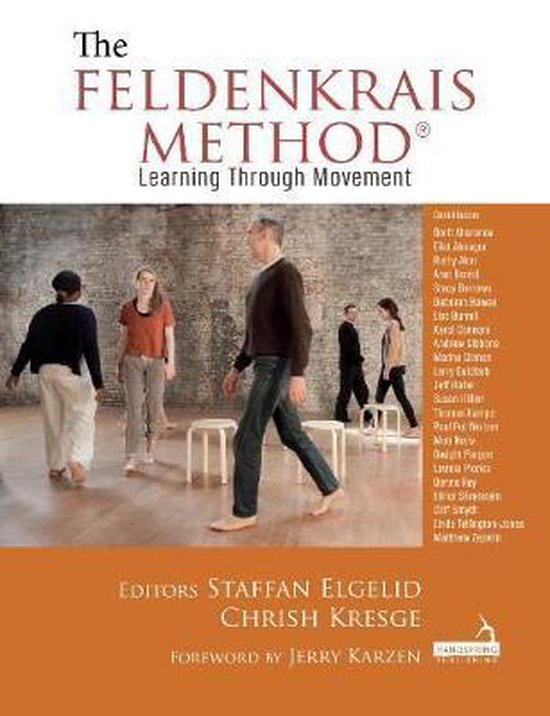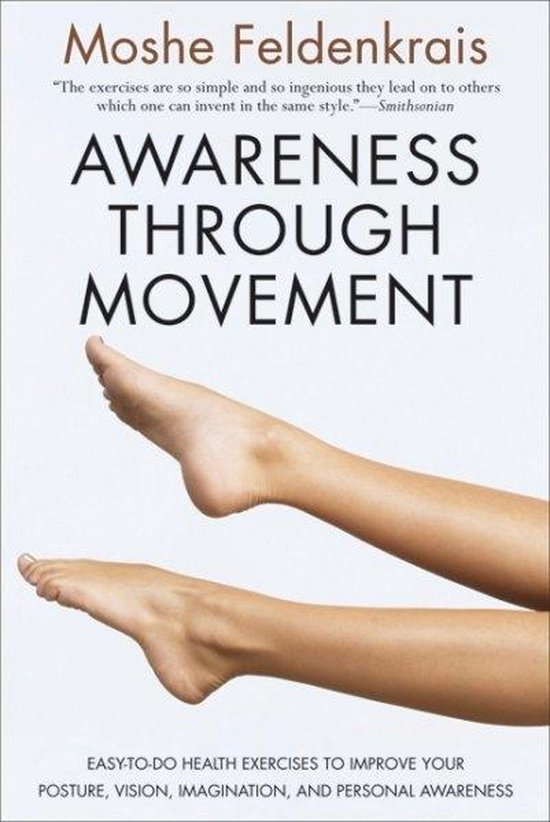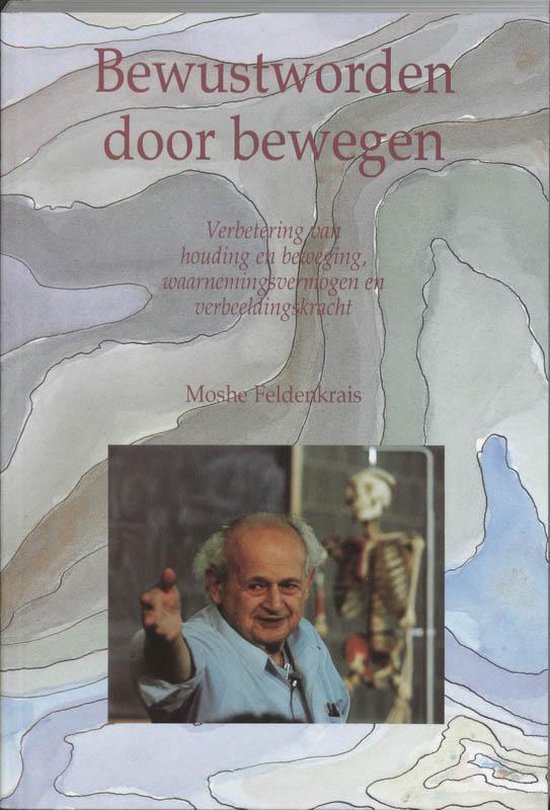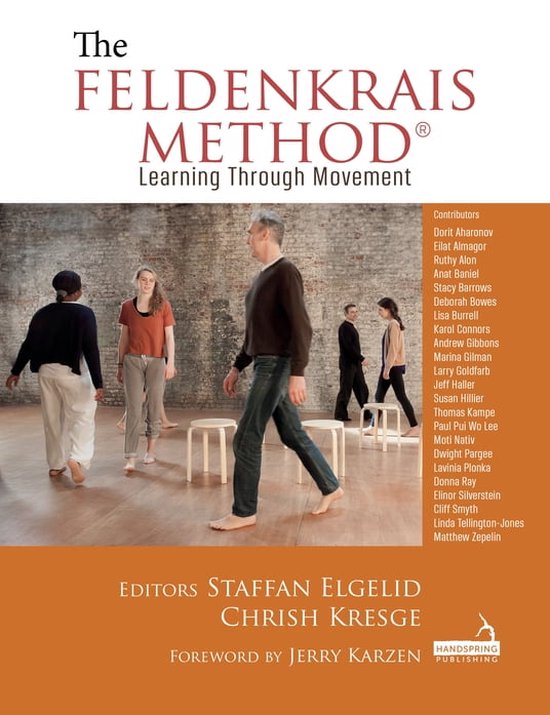
The Feldenkrais Method
This book brings the Feldenkrais Method (R) and the concept of Somatic Education to a wide audience. As well as providing an introduction to the Feldenkrais Method (R) and its applications, a team of highly qualified contributors, representing a variety of therapeutic professions, explore how the Feldenkrais Method (R) interacts with and supports other professions and modalities, including Pilates, yoga, dance, physical therapy, sports coaching, rehabilitation medicine, and more. (See the table of contents for full details.) Moshe Feldenkrais (1904-1984), the founder of the Feldenkrais Method (R), built his Method around the concept of improving human functioning by increasing self-awareness through movement. The concept of neuroplasticity - the brain's amazing capacity to change and adapt - was one of Feldenkrais' basic tenets of how the brain organizes movement, and is now in our daily lexicon. Pain, illness and injuries all affect how our nervous system and brain react to events in us and around us. Feldenkrais' thesis is that our nervous system always does the best it can with the information it has, and learning through the nervous system is the theme that runs through this book. Coverage includes: Comparisons about similarities as well as differences between the different modalities. Theory and practice of how the Feldenkrais Method (R) can be applied in a variety of specific settings. Coverage of the research base that supports evidence-informed practices for clients Online video of theory and practice accessed by QR codes throughout the book
| Auteur | | Staffan Elgelid |
| Taal | | Engels |
| Type | | Paperback |
| Categorie | | Geneeskunde & Verpleging |





